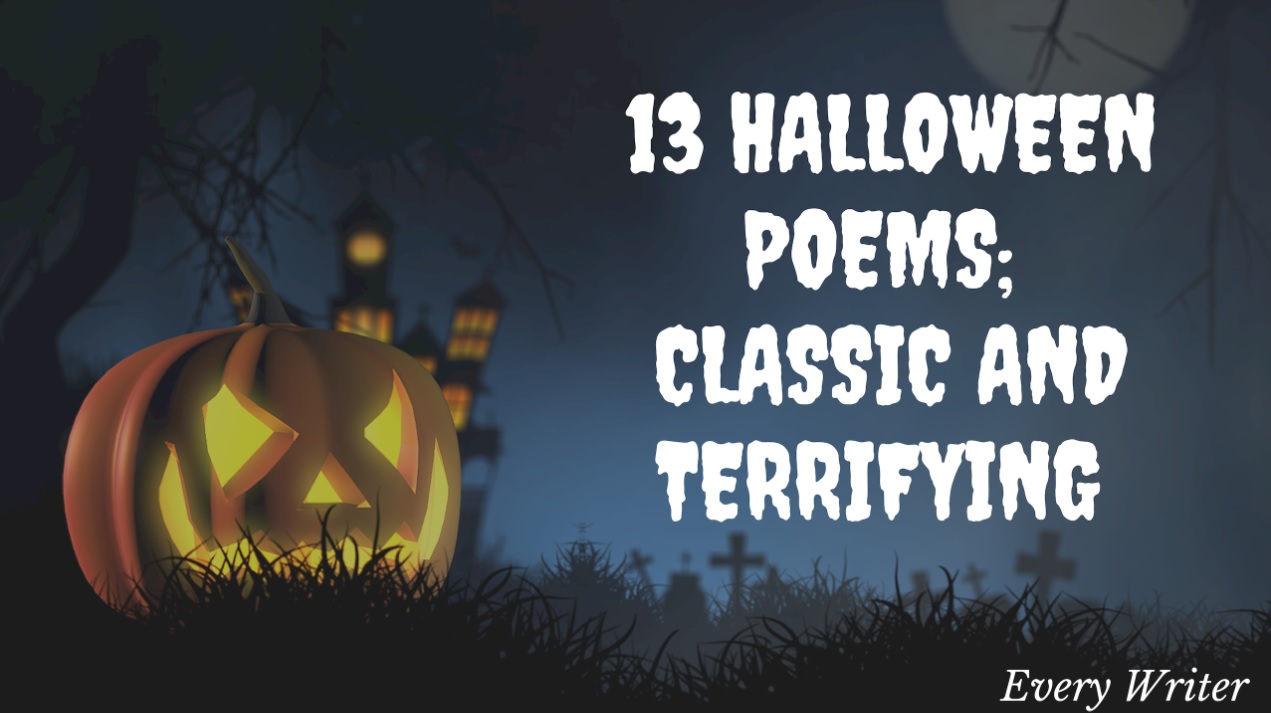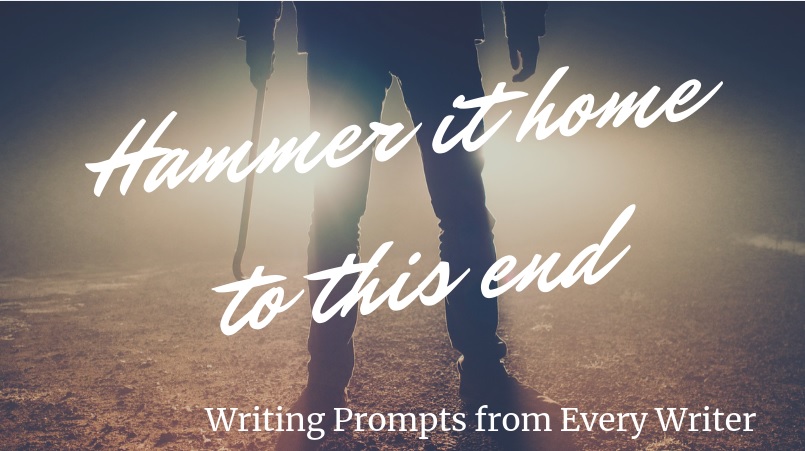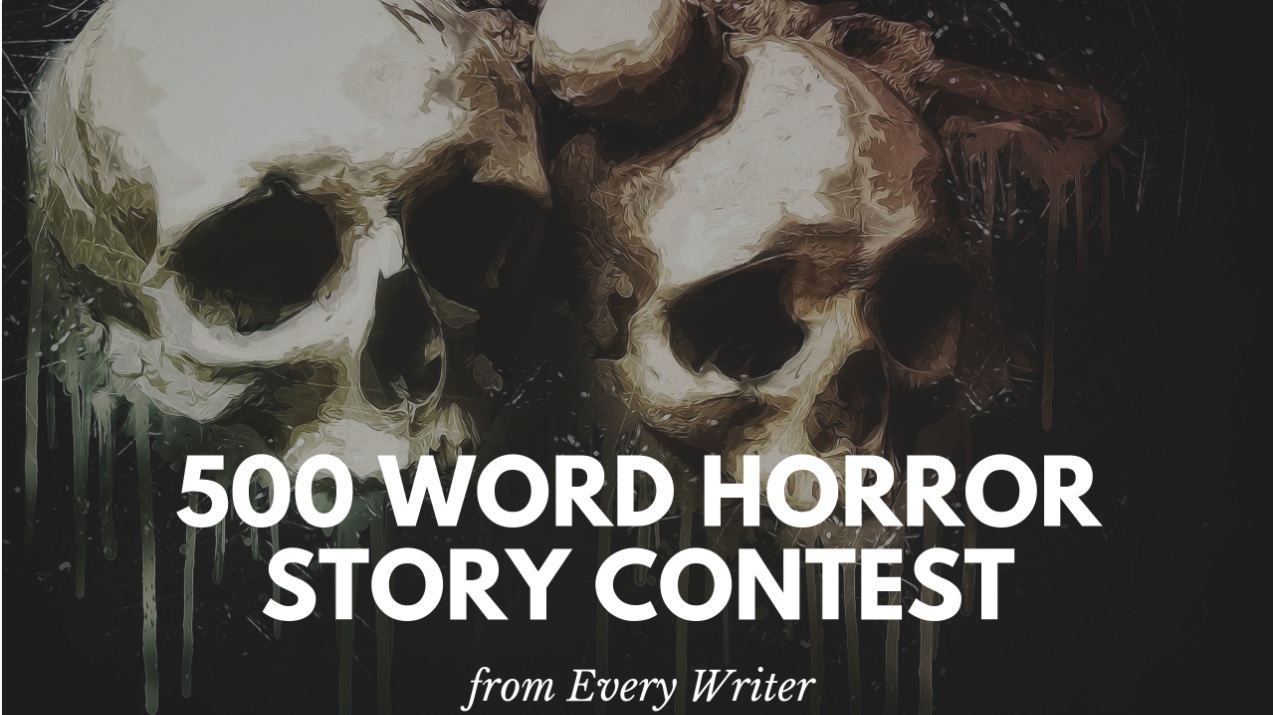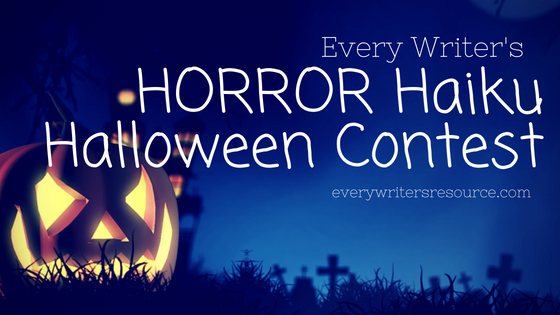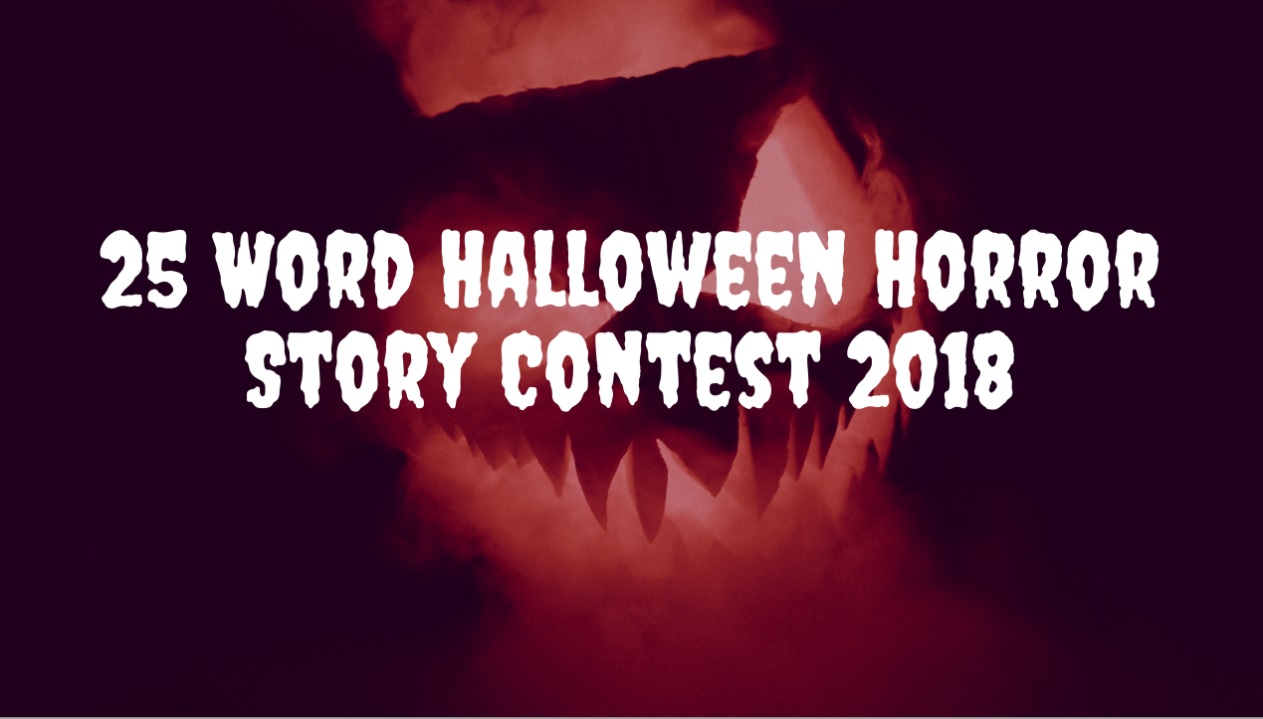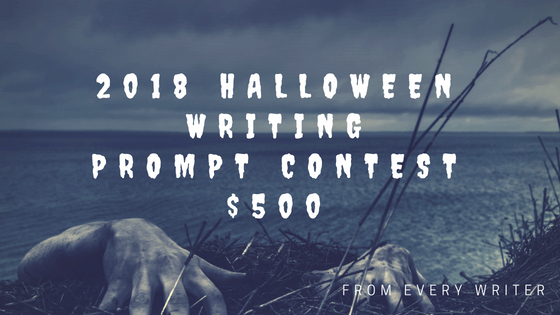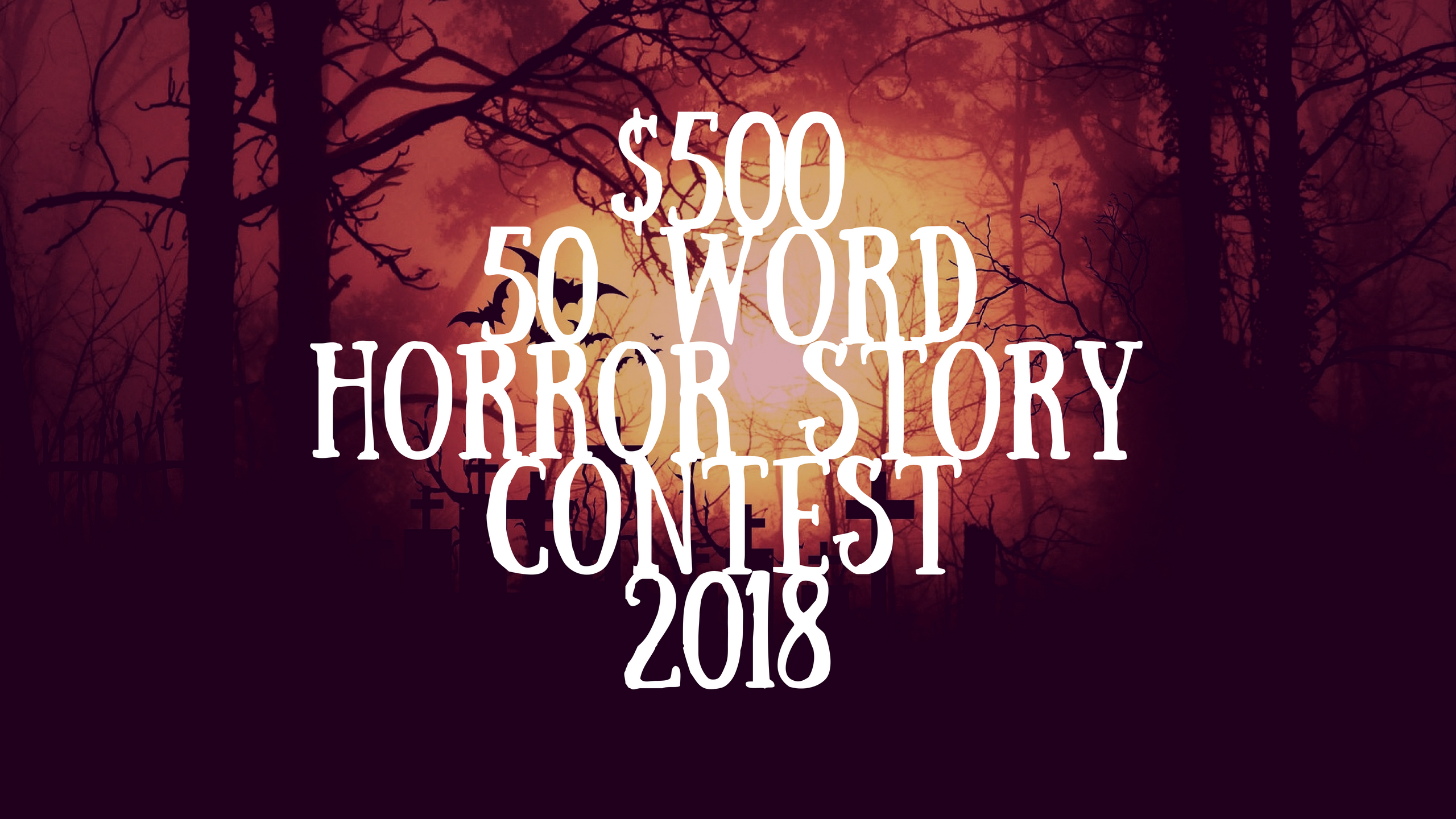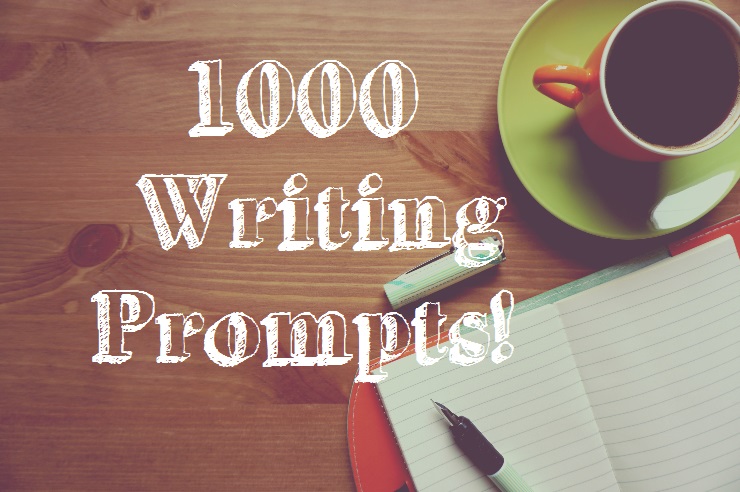13 Halloween Poems: Classic and Terrifying These poems are all “classic” poems, and they written by poets who have passed away. Many are scary, but all are generally appropriate ok for children. Generally scary poems or horror poems are difficult to come by, but we’ve collected 20 below that you just have to read. The…
Author: Richard
Writing Prompt: Vampire’s Someone to Love
You are vampire, female or male, and while you need food, you have found that you need love more. At this point in your 500 years you have only been in love once.
Horror Prompt: Hammer it home to this end
You come home from a night with friends. You are alone, and you go into your apartment. You are do not have a family. You hear something in the other room, and you go to investigate. When you walk into your bedroom someone
2018 500 Word Scary Story Contest
2018 Horror Halloween Haiku Contest!
Welcome to our 2018 Horror Halloween Haiku Contest! I love writing contests, big and small, so we are doing a couple more. You guys are killing it on the other posts right now
25 Word Halloween Horror Story Contest 2018
Welcome to our 25 Word Halloween Horror Contest 2018. You know how much we love Halloween and horror, so this is one of our big contests. This contest is for bragging rights only. We will announce the top 3 winners on Halloween night 2018. Honestly, it just wouldn’t be Halloween without a 25 word story contest.
2018 $500 Halloween Writing Prompt Contest!
Welcome to our 2018 $500 Halloween Writing Prompt Contest. We decided to try something different this year. We are asking for writing prompts from YOU
2018 50 Word $500 Horror Story Halloween Contest
Welcome to our 2018 50 Word Horror Story Halloween Contest! Here is our BIGGEST contest this year. You know how much we love Halloween, and instead of giving you promotional money,
Edgar Allan Poe Quotes
Edgar Allan Poe quotes are simply something we cannot resist. Here is our large and GROWING page for all Poe quotes. A few years ago we republished one of Poe’s classic works on writing,
60 Romance Book Publishers Looking for Your Work
Where is the Best place to publisher your Romance Book? On this list we have collected 60 Romance Book Publishers Looking for your Work. These publishers either specialize in romance or have a romance division.
1000 Writing Prompts
So I am writing this post of 1000 writing prompts. It might be a little misleading because I have no where near 1000 prompts.
New Ebook reader, what will they bring
A once, I’m sure booming hat factory (Bowler anyone?) Yeah, so it looks like Kindle and Sony are now going to be challenged by yet another ebook reader. Today Barns and Noble announced they would partner with Plastic Logic to bring B&N’s massive ebook supply quickly and easily to a ereader. PL’s device is WiFi,…
40 Years after the Moon
Forty years ago a 38 year old American pilot stepped out of a ship that was really no more than a tin can, and not only the man but the whole of our country soared. America was in its heyday remember. Our factories were booming. People were making a very good living on a one…
A response to “The Best Kids’ Books Ever” from NY Times
Nicholas D. Kristof two-time Pulitzer Prize winner from the NY Times has come up with a list of “The Best Kids’ Books Ever.” I do not mean to dispute Mr. Kristof, but I have to stay that there seems to a bit of a disconnect between his list and reality. He has listed the Hardy…
Don’t count Google out of Ebooks Yet
The Washington Post is reporting that the justice department is investigating Google’s deal with publishers and authors for exclusive rights to digitizing all orphaned books. Read the article, it’s important. I’m not sure what is behind Google’s thinking in all of this. Maybe all tech companies get too big and greedy after awhile, but I…
